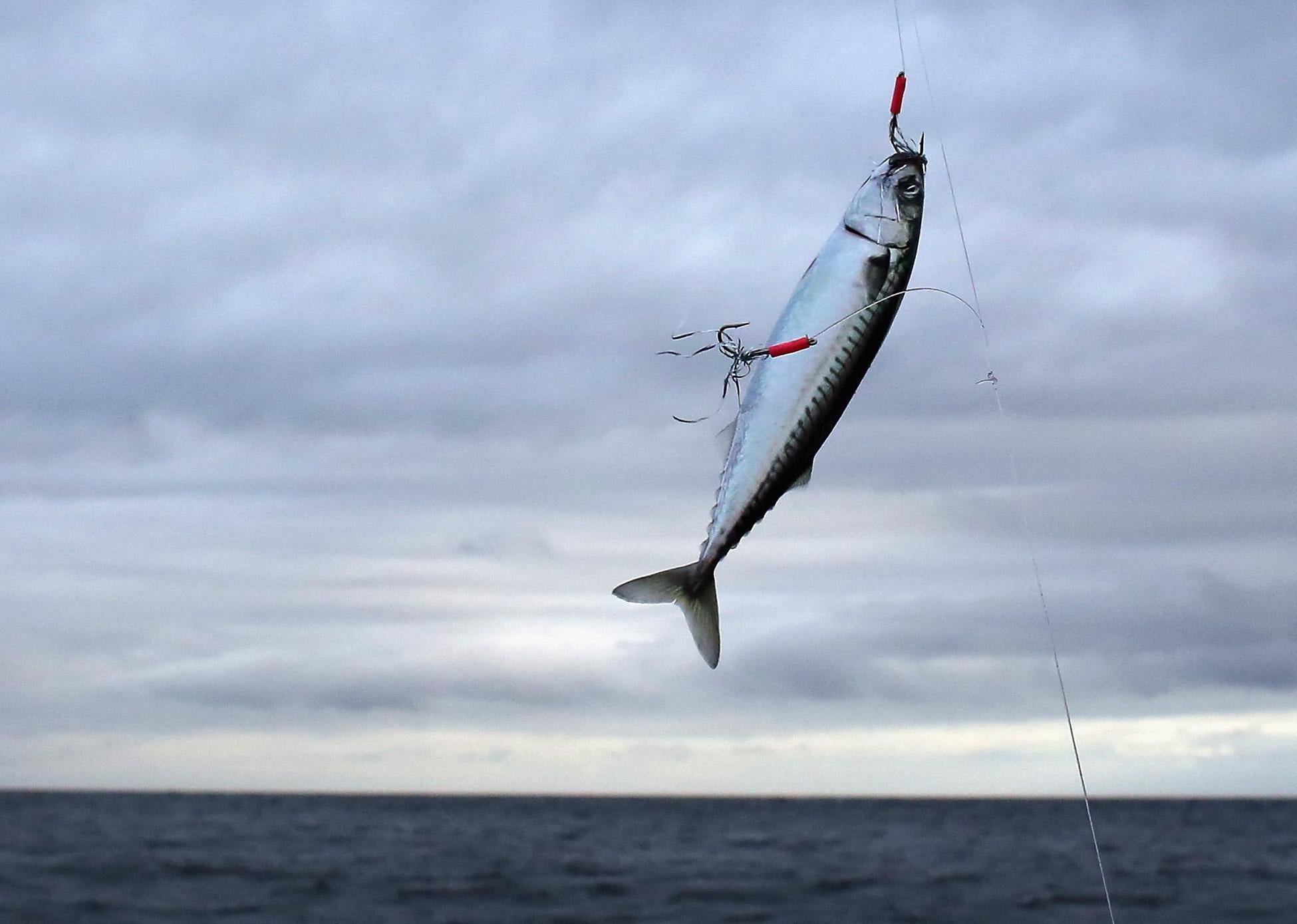On Thursday, Iceland formally withdrew its multiyear bid to join the European Union after its membership negotiations broke down. Over fish.
Sounds ridiculous? Perhaps. But rules over fishing have long been a contentious issue for Iceland, whose economy is heavily dependent on the industry. In 2010, the country opened EU talks by saying it wouldn’t stand for competition in its waters; late that year it decided to increase its mackerel quota. By 2013, the Marine Stewardship Council, a sustainable fishing nonprofit, was suspending accreditation for mackerel fisheries in part because Iceland exceeded fishing limits. And on Wednesday, Iceland stood on the sidelines while the EU reached an agreement on mackerel quotas with the Faroe Islands and Norway.
The EU believes that Iceland is overfishing, threatening already low stocks of fish. Iceland, for its part, has argued that, as a fishing nation, it is a better judge of how many mackerel can safely be taken from its waters. Yet when it comes to questions of resource allocation, Iceland doesn’t have a great track record.
For one, the island is famous for having hardly any trees. That’s not because the climate is too cold to support their growth, as is popularly believed. Rather, when Vikings first settled the land, they quickly depleted the forests that covered about 40 percent of it through burning and logging, leaving behind barren soil that couldn’t support new roots. Only now are replanting efforts slowly helping Iceland’s trees grow back. Look at Iceland’s other historic natural resources—like cod and whales—and you’ll find similar stories of depletion.
Basically, what we have here is a classic tragedy-of-the-commons problem. That’s an economic theory that says individuals (in this case, individual countries) acting independently in their own rational self-interest can end up harming the interests of a larger group by depleting a common resource. In this case, the common resource is mackerel, and the quotas the EU is trying to impose are presumably designed to stave off an irreversible depletion. But at least for now, Iceland doesn’t seem interested in playing along. So its bid to join the EU had to go.
